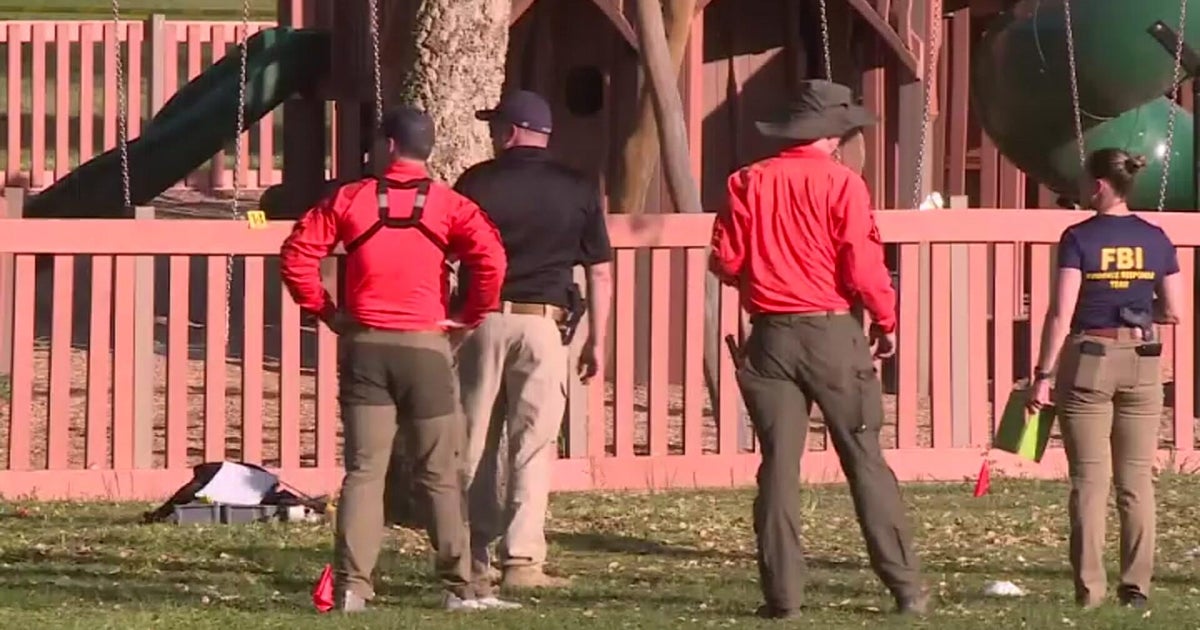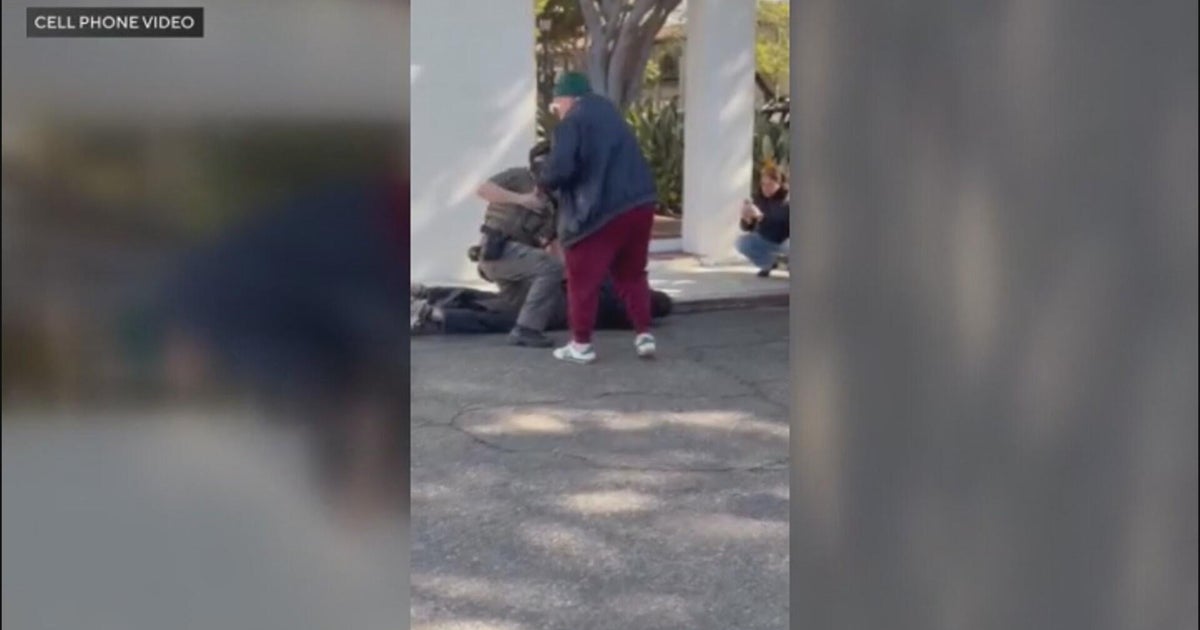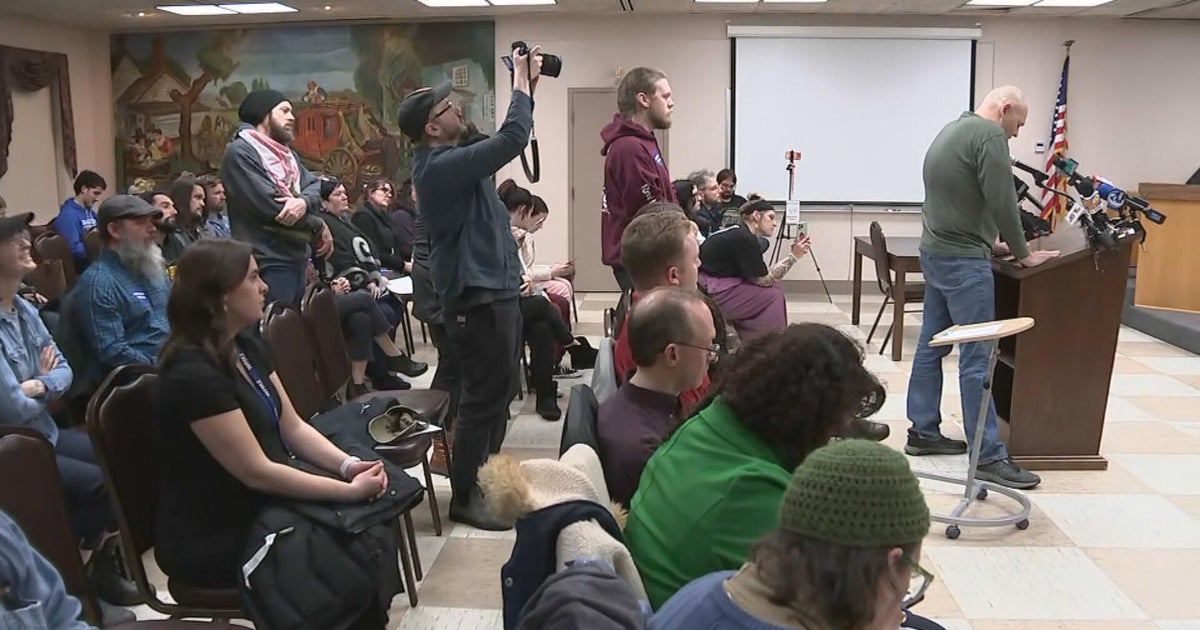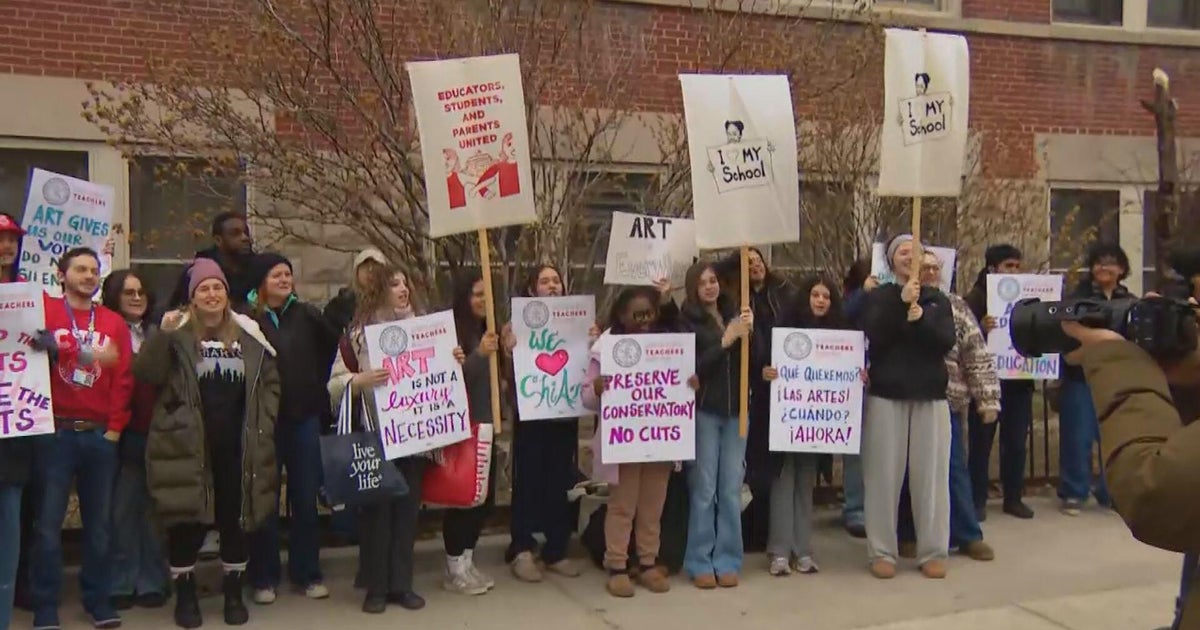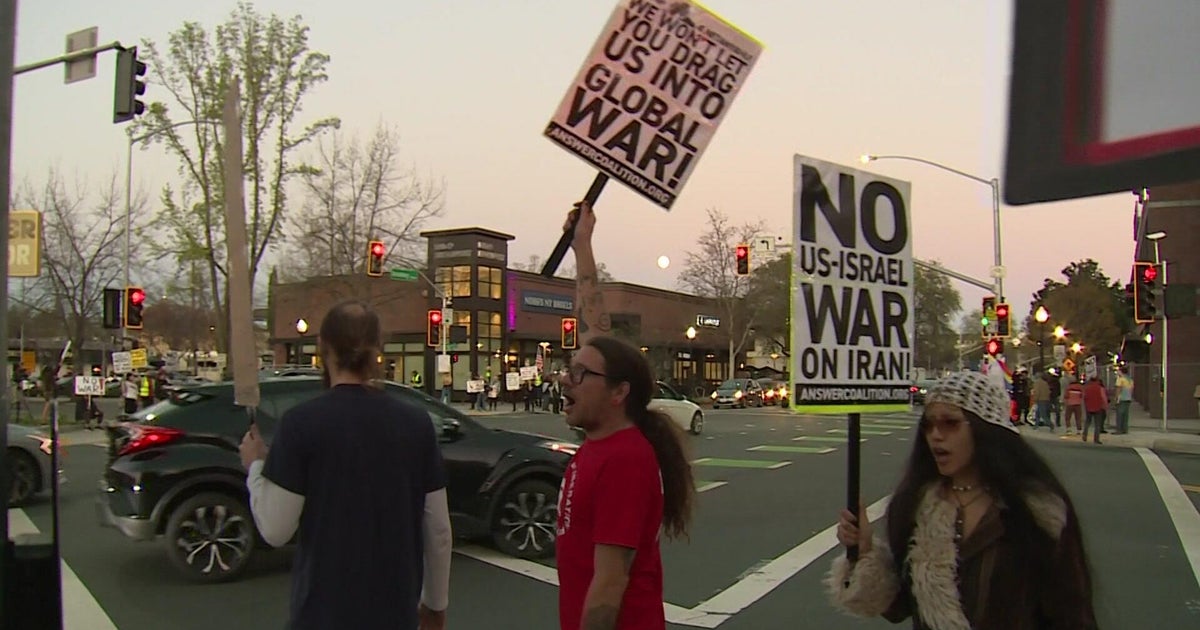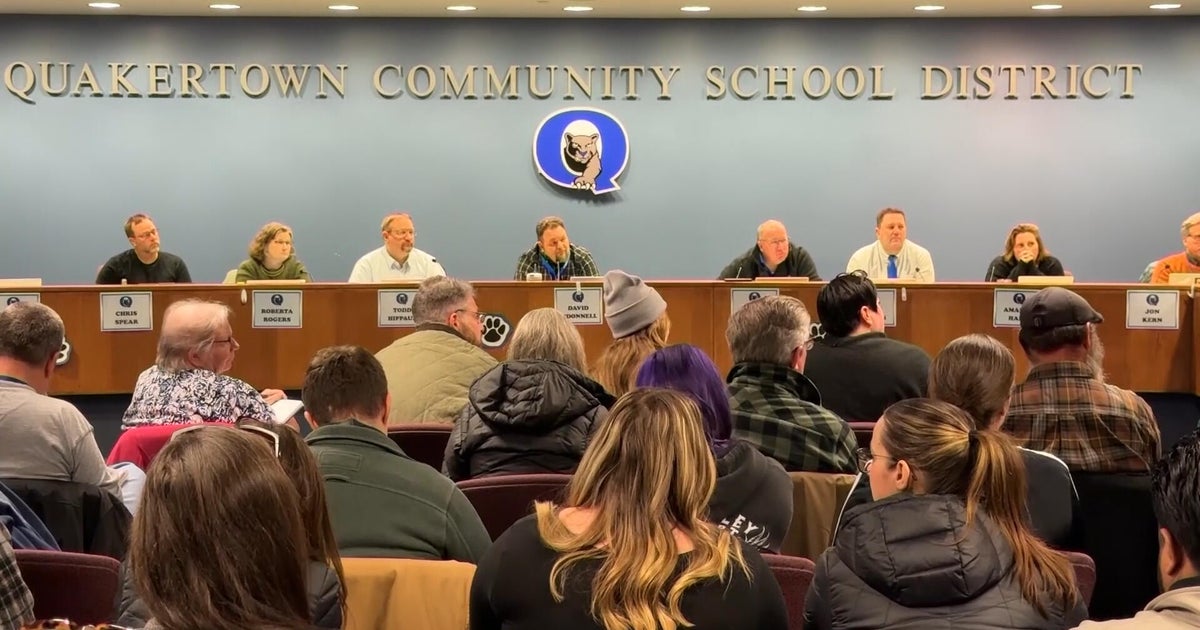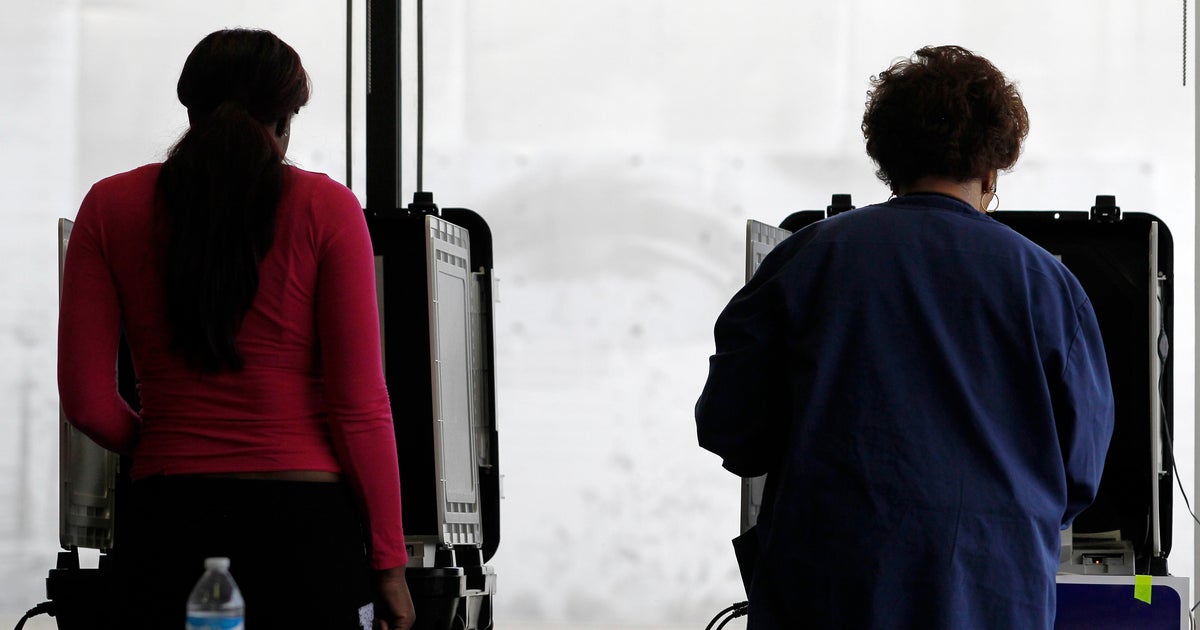UC Report Urges Sweeping Changes In Dealing With Protests
SAN FRANCISCO (CBS SF) - A long-awaited report on the use of force by campus police during Occupy demonstrations in Davis and Berkeley recommends sweeping changes in how the University of California deals with protesters.
The report comes in the wake of the globally publicized beating of Cal students with batons and pepper spraying of UC Davis students during Occupy demonstrations last November. University officials tasked Christopher Edley, dean of the law school at Berkeley, and Charles Robinson, UC vice president and general counsel, with reviewing the system's policies and procedures.
KCBS' Doug Sovern Reports:
Their report issued Friday makes 50 recommendations, including bringing in mediators to talk with protesters, and training campus administrators in de-escalation techniques that can be used in lieu of police action.
"Much of what we discussed includes how to avoid even having to use police at all. And once we get to the point of police involvement, it involves how to avoid having to use force of any kind," Edley said.
They recommend developing internal student disciplinary measures, for example, instead of having protesters arrested and sent to the criminal justice system.
Robinson said all campus police departments should be equipped with the same weapons, and trained in pain compliance techniques.
"Generally it refers to applying pressure to pressure points on the body in order to induce people to comply with a particular instruction," he said.
Edley acknowledged that some recommendations, such as twisting arms behind the back or pulling hair, might look more graphic on television, but would give police more options to try before resorting to pepper spray or batons.
"Pepper spray would not be used unless pain compliance for some reason wouldn't work," Edley said, adding that such force should only be used if a chancellor or other administration representative is present as an observer.
(Copyright 2012 by CBS San Francisco. All Rights Reserved. This material may not be published, broadcast, rewritten, or redistributed.)
